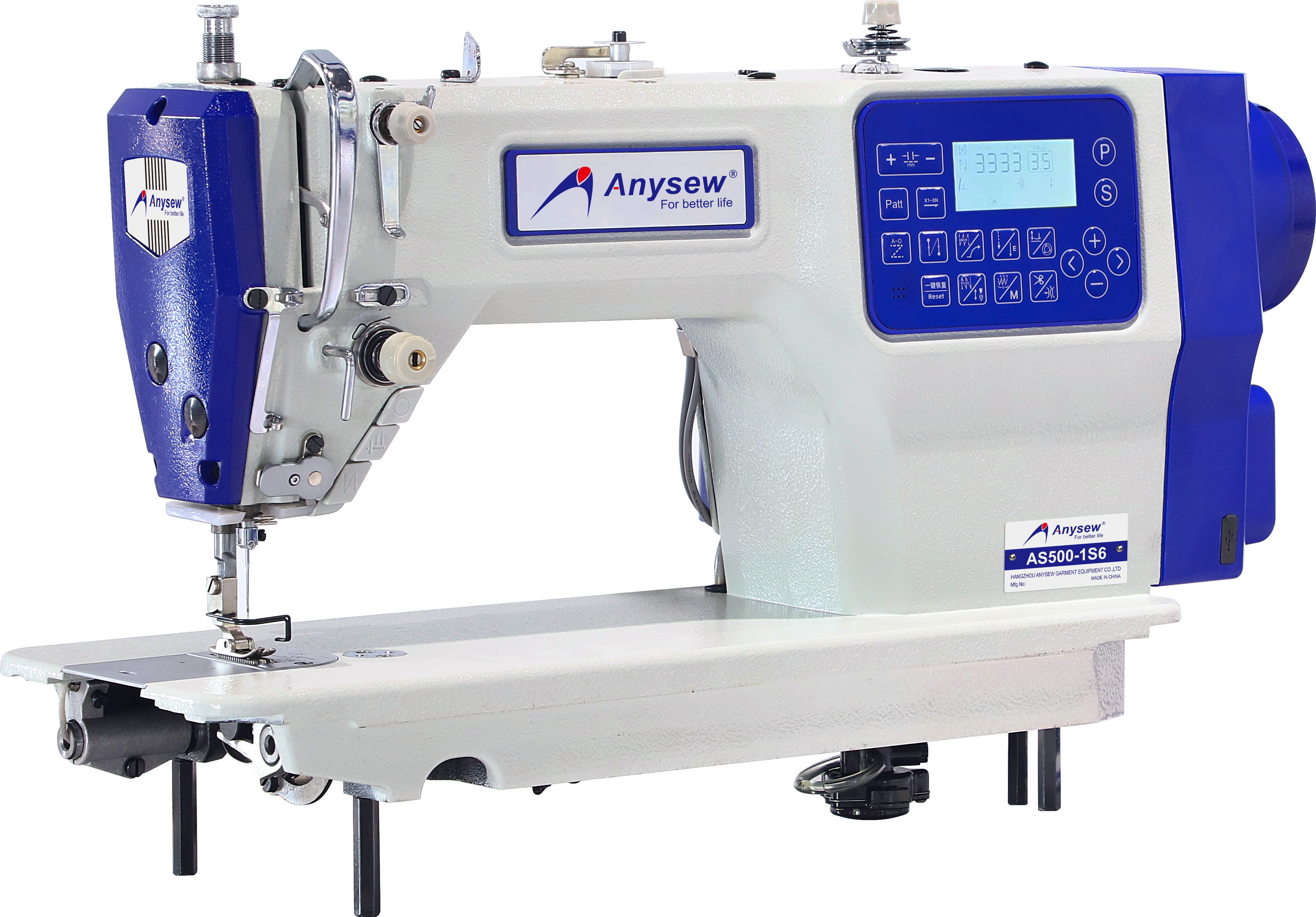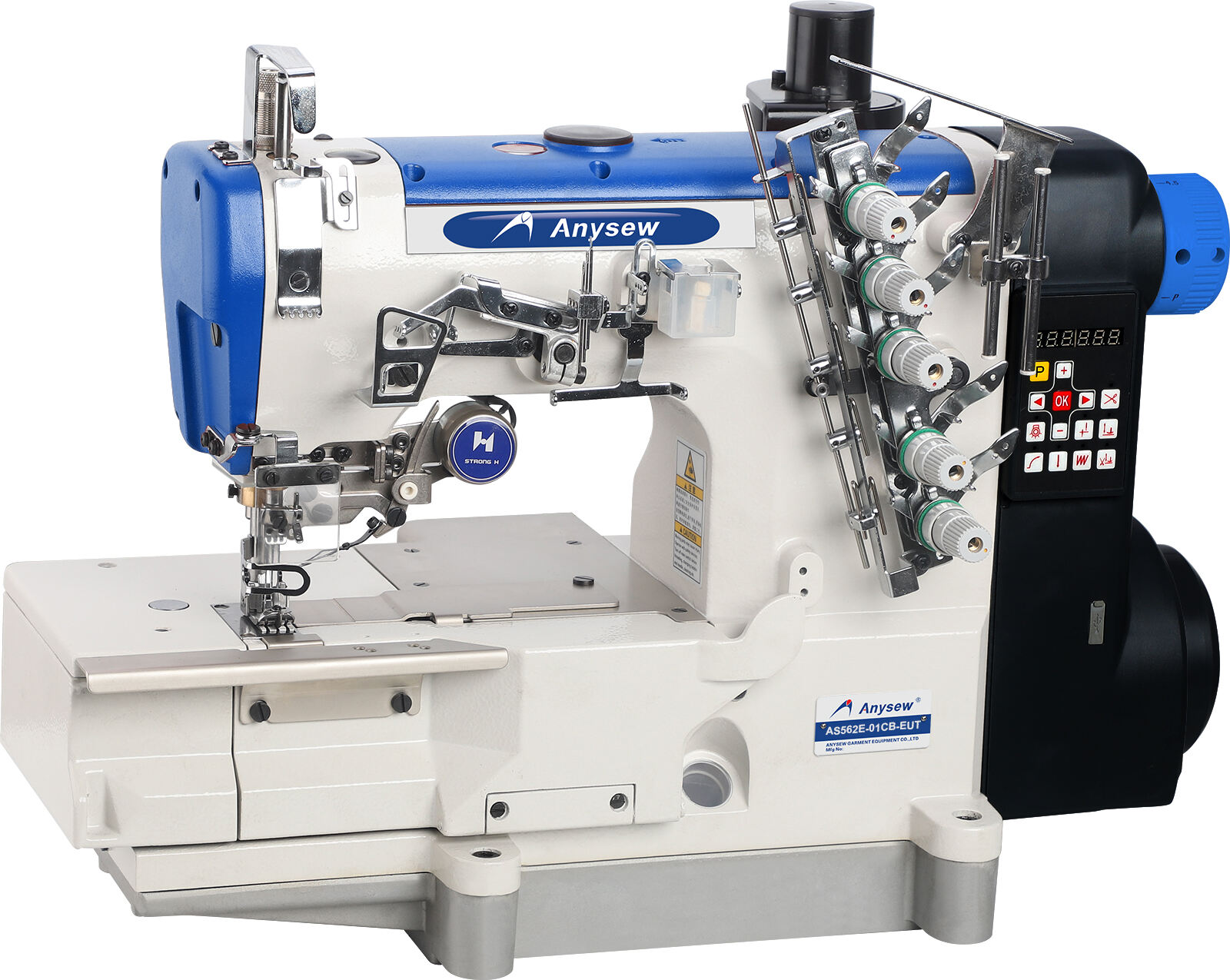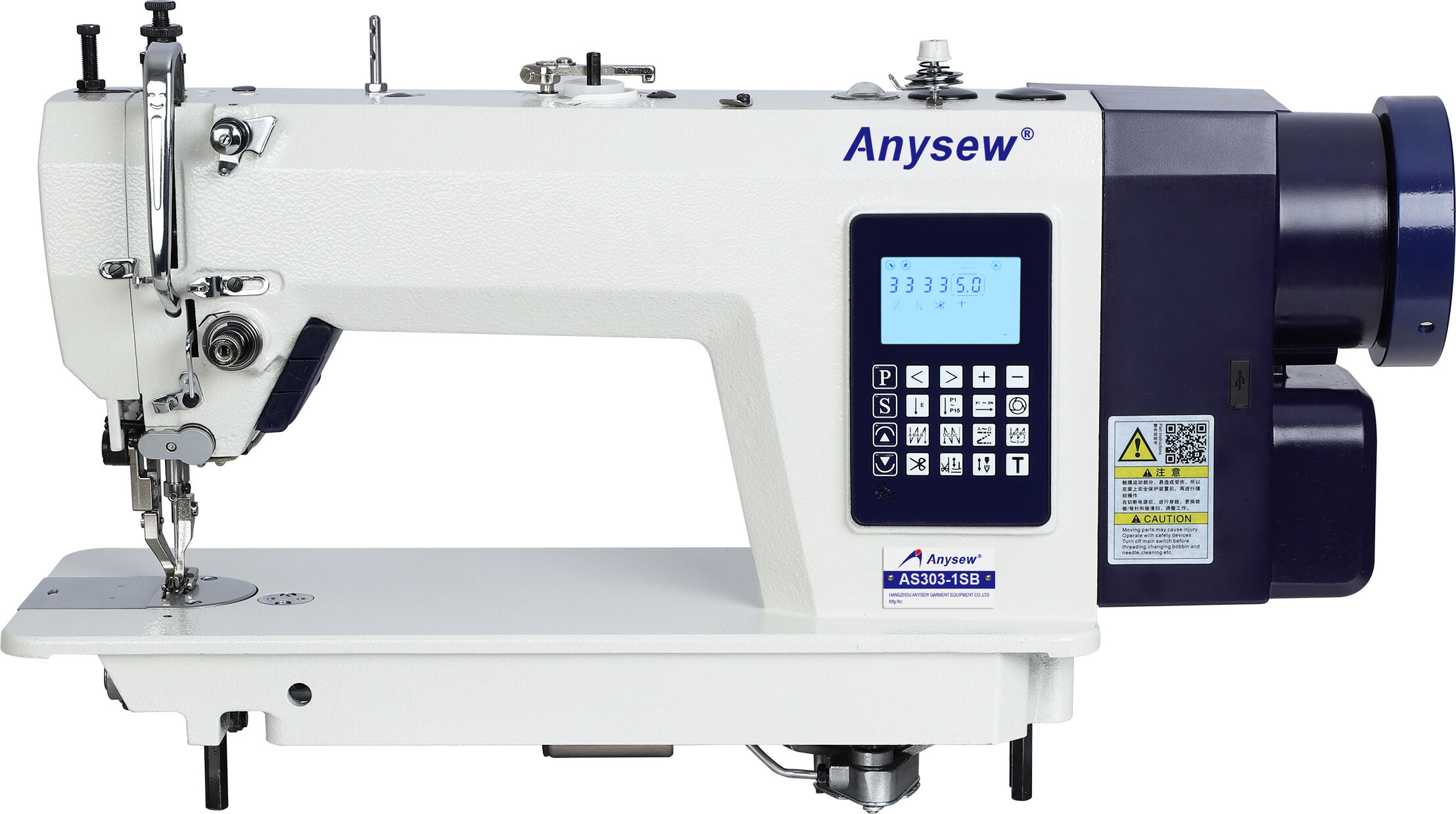industrial sewing machine price
Industrial sewing machine prices represent a crucial investment consideration for businesses in the textile and manufacturing sectors. These machines range from $1,000 to $10,000 or more, depending on their capabilities and specifications. Basic industrial models typically start around $1,500, while advanced computerized systems can exceed $8,000. The price variation reflects differences in speed capabilities, with most machines operating between 1,500 to 5,500 stitches per minute, automated features like thread trimming and needle positioning, and specialized functions for specific materials. High-end models often include touchscreen interfaces, multiple stitch patterns, and advanced tension control systems. The cost also factors in durability components, such as heavy-duty motors designed for continuous operation, reinforced frames for stability, and precision parts that ensure consistent stitch quality. Additional price considerations include warranty coverage, maintenance requirements, and the availability of spare parts. Modern industrial sewing machines incorporate energy-efficient technologies and ergonomic designs, which may command higher initial costs but offer long-term operational savings.


